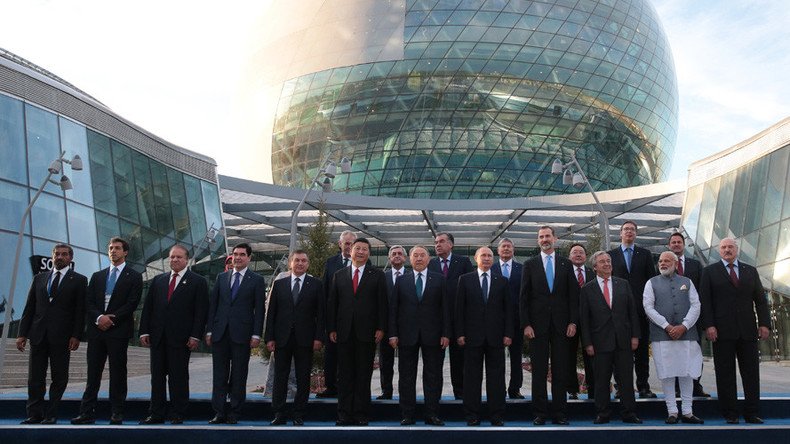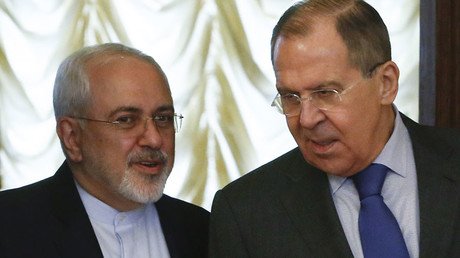SCO sets standards for countering extremism

In June 2017, the leaders of the SCO signed the Convention on Countering Extremism, which will help strengthen the international legal framework to address new challenges and threats, as well as increase cooperation between the relevant authorities.
The Convention signed by the Shanghai Cooperation Organisation (SCO) is the first international agreement that defines extremism as an illegal activity prosecuted by law.
It contains a broad and comprehensive definition of extremism as "an ideology or activity aimed at solving political, social, racial, national and religious conflicts by violence and other anti-constitutional acts". It also stresses the need to respect international law, national sovereignty and primarily the principle of non-interference in domestic affairs. Finally, it creates a mechanism for cooperation in countering and preventing extremism.
For the first time, the Convention contains the full list of extremist activity, which include, among other things, violent seizure of power, infringement on public security, armed rebellion, fomenting of political, social, national and religious strife, supremacy and hate propaganda, etc. As a result, it has a unique "added value" of helping to create united approaches to the countering of extremism, be it violent or non-violent.
It is crucial to have such a mechanism available in the wider context of rising terrorist's threat and challenges posed by so-called "color revolutions". The examples are the current turmoil in Libya, Syria, Iraq, etc.
The Convention sets a precedent for other international organizations and countries that are interested in putting an end to terrorism and extremism based on the international law, the UN Charter and the UN Security Council resolutions, and other relevant UN documents in this field.
The statements, views and opinions expressed in this column are solely those of the author and do not necessarily represent those of RT.














